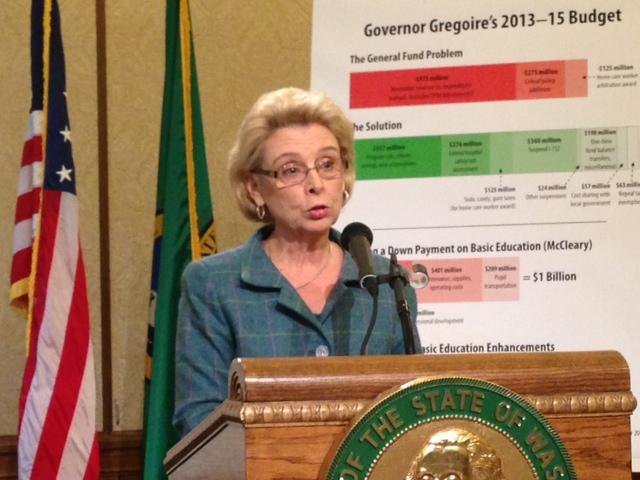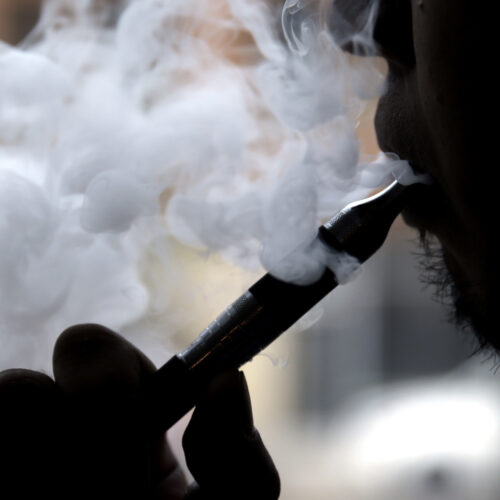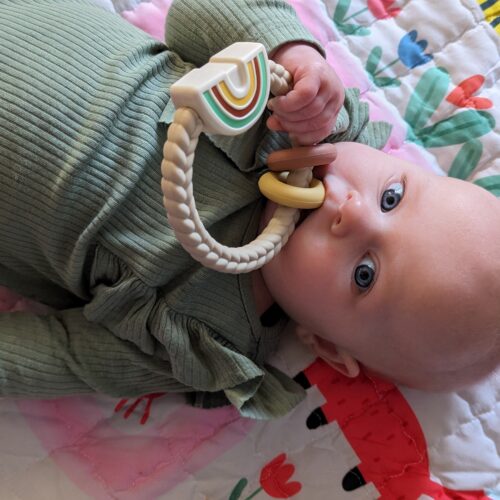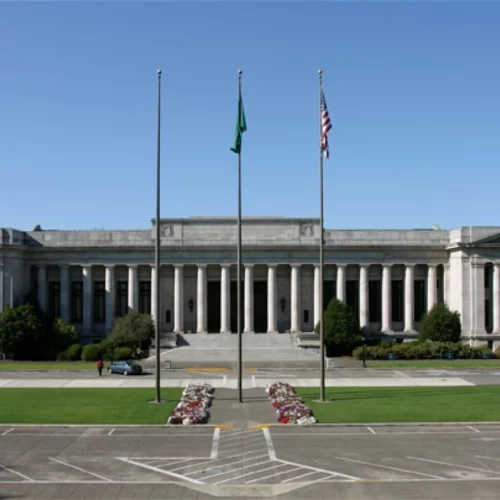
It’s An Election Year. But That’s Not Scaring Washington Democrats From Talking Taxes
READ ON
As the state of Washington grapples with the economic fallout from the COVID-19 pandemic, lawmakers are bracing for a bleak revenue forecast on June 17 that could portend a $10 billion drop in state tax collections over the next three years.
Already, a preliminary forecast in May predicted state revenues would crater by $7 billion over that same time period. The official forecast is likely to be worse. The state’s current two-year budget is approximately $53 billion.
“We know that we are faced with a big problem over the next few years,” said David Schumacher, the governor’s budget director, in a recent call with reporters.
But unlike during the Great Recession, when the budget was largely balanced through spending cuts, this time around majority Democrats and their allies, like labor unions, are already signaling that tax increases are almost certain to be part of any solution.
“The idea of solving this budget problem with an all-cuts budget is not something this governor is interested in and I can’t imagine he would sign such a budget,” Schumacher said.
That’s a frank statement coming in the midst of an election year when Inslee is seeking a rare third term and all House members and about half of state senators are up for reelection. But if taxes are generally a verboten subject during campaign season, 2020 may prove the exception.
Insulated By Recent Polls
Washington Democrats, who hope to strengthen their majorities in the House and Senate this year, may feel somewhat insulated by recent polls that show broad anti-Trump sentiment in the state along with strong support for taxing wealthier Washingtonians.
“I think voters have responded favorably and want to have an honest conversation about what things cost and how to pay for them and how to make things more fair,” said Democratic political consultant Christian Sinderman.
Compared to a decade ago, it’s also easier for Democrats and their allies to make taxes part of the equation because it no longer requires a two-thirds vote to pass revenue-related bills. In 2013, the Washington Supreme Court ruled that voter-approved threshold was unconstitutional.
“That is the fundamental difference between the current recession and every other recession since the 1990s,” said Jason Mercier with the right-of-center Washington Policy Center.
Even then, the supermajority rule wasn’t an insurmountable barrier to higher taxes. In 2010, majority Democrats temporarily suspended the two-thirds requirement and passed a $760 million tax package that included taxes on bottled water, candy and soda. But that November, Washington voters rejected those taxes when they overwhelmingly approved a repeal measure funded by the soda industry. Other parts of the tax package were left intact.
Fallout From Cuts
Overall, between 2009 and 2011, lawmakers reduced state spending by about $10 billion, according to an analysis by the left-of-center Washington State Budget and Policy Center.
While the economy and revenues eventually recovered, there was long-term fallout from those cuts.
In 2012, the Washington Supreme Court ruled the state was under-funding schools in violation of the constitution. The state also subsequently lost lawsuits over access to mental health treatment, forcing significant new investments in behavioral health in recent years.
“We saw in the last recession what happens when you cut too deeply,” said Senate Majority Leader Andy Billig, a Spokane Democrat, in an interview on TVW’s “Inside Olympia” program. “We cut too much and it ended up costing us a lot more in the long run. That doesn’t make sense.”
That’s not to say majority Democrats are cavalier about raising taxes or that they’re anywhere close to having an agreement to do so — in a special session later this year or in the regular session next year. Instead, the tax conversation is mostly happening behind the scenes as part of a broader discussion about how and when to begin to address the budget carnage wrought by COVID-19.
One lobbyist, who’s part of an informal labor union “revenue working group,” described the tax talk as being in the “no bad ideas” stage where everything is on the table and nothing has been decided.
But there are intriguing clues about what might ultimately be considered.
Last week, Beth Zimmerman, a Redmond resident who works in the education field, said she got a call from a polling firm asking about a trio of potential revenue options: a seven percent capital gains tax on people making more than $150,000 a year, a $10 billion bond to address COVID-19 related losses and a one percent tax on big businesses.
It’s not clear who was behind the polling, but Zimmerman, who identifies as a Republican, said she believes the budget should be balanced without taxes.
“The Democrats are just reaching into our pockets yet again before they look and see where the waste and mismanagement is,” Zimmerman said.
Beyond staving off steep cuts, progressive advocates and some Democratic lawmakers view this recession as a potential opportunity to refashion Washington’s notoriously regressive tax structure.
“I think it may be that this crisis is rationale for making meaningful tax reform,” said Sen. Christine Rolfes, the Democratic chair of the Senate Ways and Means Committee, in an interview last month on TVW.
While emphasizing that formal tax discussions are not underway, Rolfes mentioned eliminating business and occupation taxes for small businesses and giving low-income families a sales tax rebate, while raising taxes “on those most able to pay in an economic crisis.”
Regarding a capital gains tax, something Democrats have flirted with for the past several years, or an income tax, often viewed as the third rail of Washington politics, Rolfes said “everything’s on the table.” But she also cautioned that a capital gains tax would likely be challenged in court and that an income tax would take a two-thirds vote of the Legislature and a vote of the people.
“As a budget writer, I don’t look at that kind of policy as something that will dig us out of a hole in the next year; it’s something that we might want to look at as part of a long term reform policy,” Rolfes said.
But talk of crisis-inspired tax reform may prove aspirational. In 2010, in the throes of the Great Recession, Washington voters soundly defeated an initiative that aimed to make Washington’s tax code more progressive by imposing an income tax on high income earners.
Predictably, talk of raising taxes puts Democrats at odds with minority Republicans who point out that Democrats have already implemented a number of tax increases in recent years.
Taxes should be a “last resort,” said House Minority Leader J.T. Wilcox recently.
Special Session Possible
Republicans have been urging the governor to call a special session of the Legislature this month to begin cutting the budget. On July 1, approximately $1 billion in new spending kicks in, including $113 million in state employee cost of living pay raises.
“When you find yourself in a hole, you have to stop digging,” said Republican state Sen. Shelly Short in a statement. “We should convene the Legislature now and forego the scheduled new spending rather than resort later to cutting into vital services that Washingtonians currently rely upon.”
But Inslee, who hasn’t ruled out revisiting the pay raises, has been cool to the idea of a special session now, arguing that there’s no reason to bring lawmakers back to Olympia unless they have agreement on an agenda.
“The session could happen when there’s the possibility of success and votes for some meaningful step forward,” Inslee said at a recent news conference.
Thanks to a constitutionally protected rainy day fund and a four-year balanced budget requirement, Washington is in better shape than many states with a financial buffer of nearly $3 billion in restricted and unrestricted state reserves.
Democrats say one advantage to waiting until August, or even this fall, for a special session is that it would buy time to see if Congress acts this summer to pass a bailout package for state and local governments.
While Inslee seems reluctant to slash spending now, in April he did veto $235 million in new appropriations that were part of the supplemental budget passed the month before.
“These are not normal times and we cannot sleepwalk our way through this fiscal crisis,” Inslee said at the time.
More recently, Inslee has frozen state hiring, personal services contracts and equipment purchases, and directed state agencies to model what 15 percent cuts would look like. By design, the picture that has emerged from that budget-cutting exercise is bleak: slashed payments to providers of social services, state employee furloughs and 3,700 fewer course offerings at community and technical colleges — to name just a few examples.
Schumacher, the budget director, said the goal of the budget-cutting “drill” was to highlight what an all-cuts budget would look like.
“If we actually had a budget like this it would be horrifying,” Schumacher said.
Related Stories:

Washington, Idaho receive “F” grades for tobacco prevention programs
Food and Drug Administration officials on Friday, Feb. 24, 2023 pledged a reset in the agency’s tobacco program, responding to criticisms that a lack of direction has hampered federal efforts

Paid leave for families in Washington helps some, frustrates others
Five-month-old Hailey plays with a rattle at her parents’ apartment in Moscow, Idaho. Her parents are taking part in Washington state’s new leave program. (Credit: Lauren Paterson / NWPB) Listen

WA Supreme Court upholds capital gains tax just weeks ahead of collection deadline
The Washington Supreme Court has ruled in a 7-2 decision to uphold the constitutionality of the state’s new capital gains tax. The decision filed Friday comes just weeks before taxes are due.















